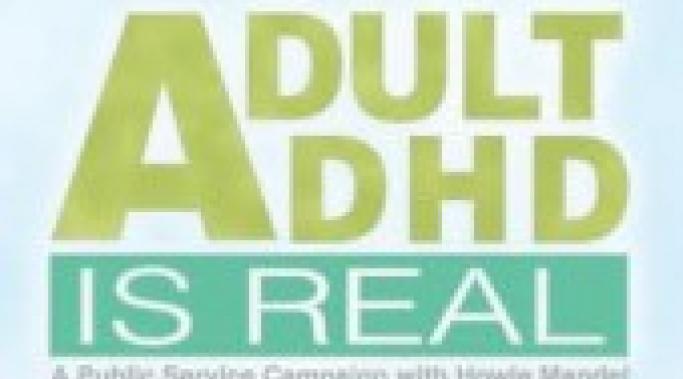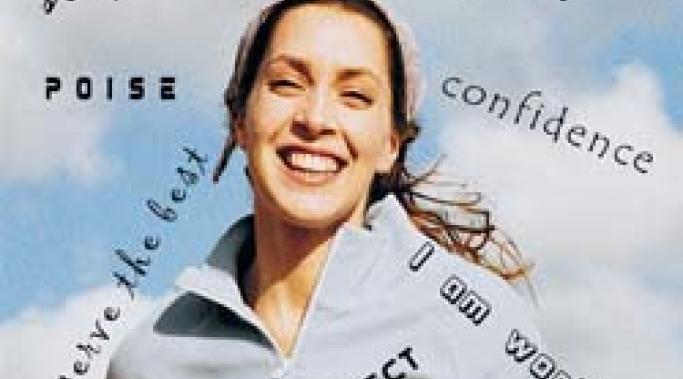Blogs
Hi! I’m Andrew Foell, barely 40 and diagnosed with adult ADHD in my early thirties. I prefer to be called Drew. Somewhat characteristic of many people with adult ADHD, I refer to myself as a “jack of all trades and master of some.” That segues into some of my credentials: I earned a Master of Arts in Instruction in the late nineties and have taught secondary English and developmental English—a supplementary class for students with ADHD and other diagnoses. Currently, I work as a literacy tutor, again serving similar populations. I am a member of our district-wide PBIS (positive behavior interventions and supports) implementation team, and I believe strongly in early intervention. Research and writing are personal passions as are mental health and mental health advocacy.
Savvy marketers everywhere understand that branding is an essential element of market domination, sustained growth, and “share of mind”. Put simply, your brand is your customer’s opinion of you, a complete set of assumptions which influence every interaction.
Sometimes we feel as if we're getting worse instead of better. Sometimes we feel as if we're in more pain, not less. This is due to emotional thawing.
Schizophrenia, as horrifying as it may be, gave me a glimpse into alternate realities and showed me another world that defies and transcends the physical world in which we live. Before contracting the illness, I considered myself to be a man of science, rationality, and skepticism. My training and education within the sciences demanded it. It was during these studies that I became entrapped in my first psychotic fantasy.
Worry can have our anxiety all up and out of control, and worry never helped one person. Last week I posted a vlog: Love and Fear, The Only Two Emotions. Today's vlog picks up on that theme and lets us know how to love someone rather than worry about them.
Something triggers a bad day. A poor night’s sleep. Receiving bad news. Stress at work. Relationship worries. It could be anything. We would hope that if we are going to be upset, it would stick to that one trigger and we can figure it out and get over it. But it doesn’t work that way, does it? Depression is a sneaky little monster that whispers negative, depressing thoughts in your ear, feeding and fueling itself, and pretty soon you are not just thinking about what triggered you, you are spiraling, going round and round in your head about every other thing that has ever gone wrong in your life. Depression Monster wins again.
“Medication levels the neurobiological playing field.” Biederman, J., & Spencer, T. (2002)
After receiving a diagnosis of adult ADHD, the most commonly asked questions people have are around ADHD medications. Despite the fact that we have been using the same psycho stimulants to treat ADHD for over 60 years, and have studied them over and over again for effectiveness, short term and long term side effects and contraindications, doubt remains.
In order to help provide some answers, dispel some myths and help people stay at choice around their ADHD treatment options, here is a synopsis on three of the top questions and their answers around ADHD medication.
Emily Roberts, MA, LPC, is known by many as The Guidance Girl. She is a trained psychotherapist, psychological consultant. She is also the author of Express Yourself: A Teen Girls Guide to Speaking Up and Being Who You Are. Her mission is to empower, inspire, and educate others. She is passionate about teaching her workshops about self-esteem and self-confidence. Her experience in private practice, academic settings and hospital settings helped her develop programs and workshops for children and adults of all ages, which focus on loving yourself and feeling your best. As an expert in the” millennium generation”, she frequently speaks to parents and schools on cyberbullying and technology related issues, as well as lectures on developing self-esteem and empowerment.
Addiction is death. I don’t just mean physical death. I mean emotional, mental and spiritual death as well. Addiction has the ability to destroy lives – and I should know. I have seen first-hand how addiction has destroyed relationships, leaving individuals broken and beaten down. I have this experience.
Jessica Schnaider, 41, spent eight days connected to a NG feeding tube in March. She wasn't sick. She doesn't suffer from anorexia. She isn't obese.
She merely wanted to lose weight before she got married.
To say I was incredulous would be an understatement.








